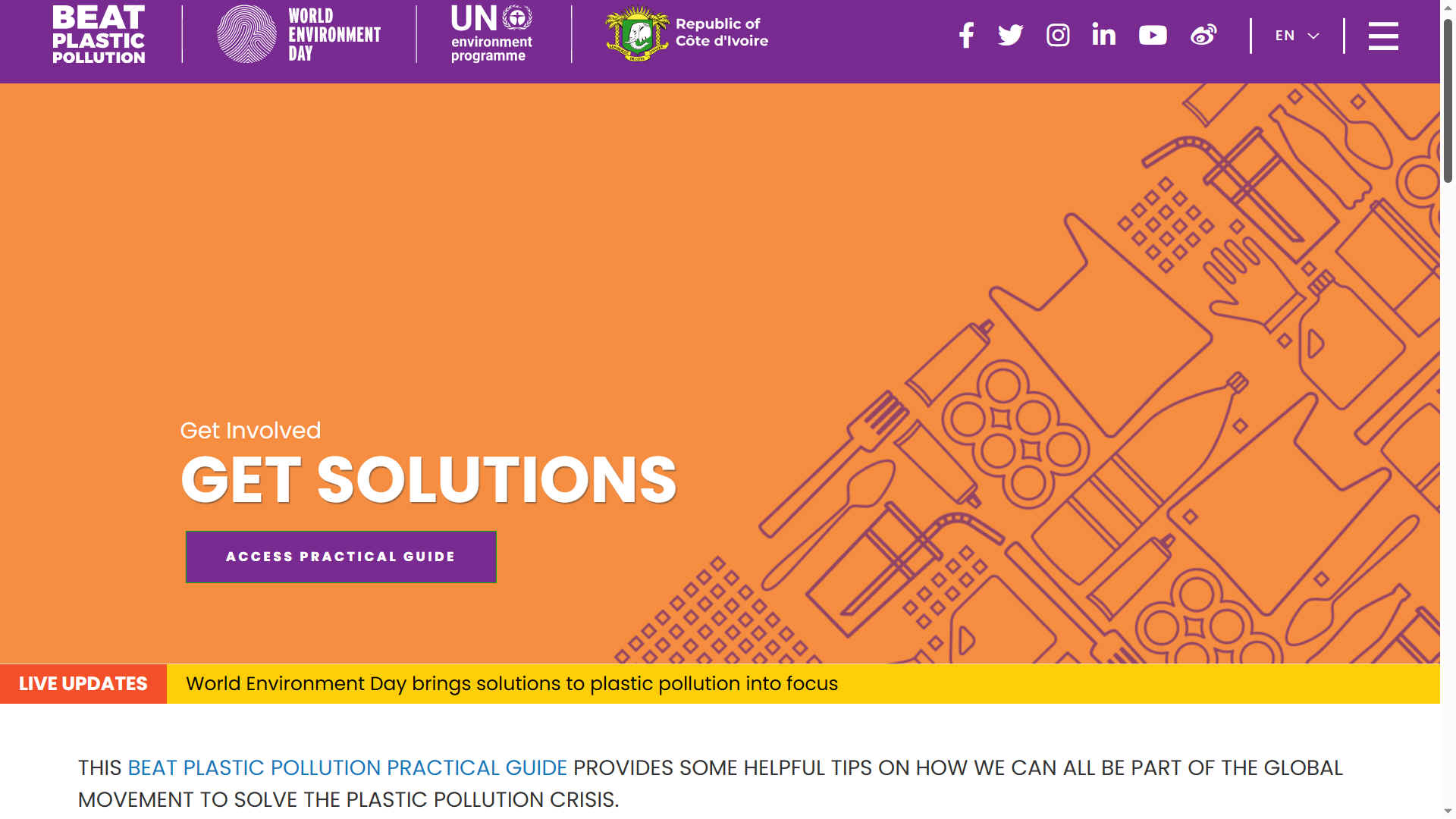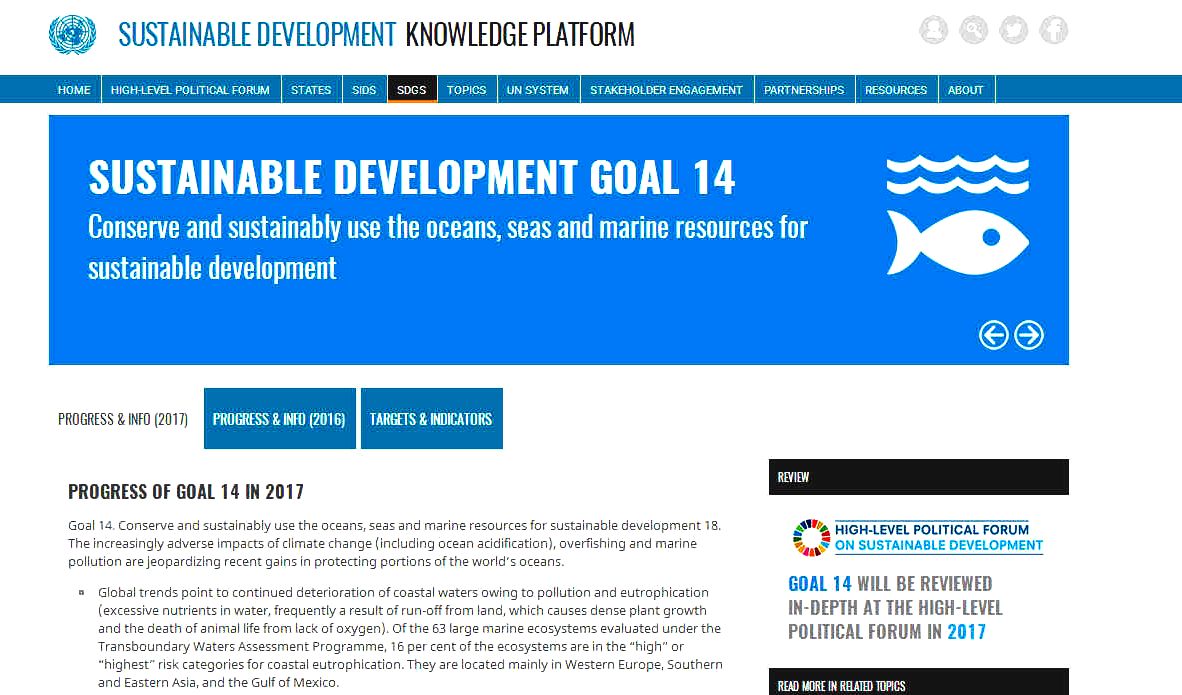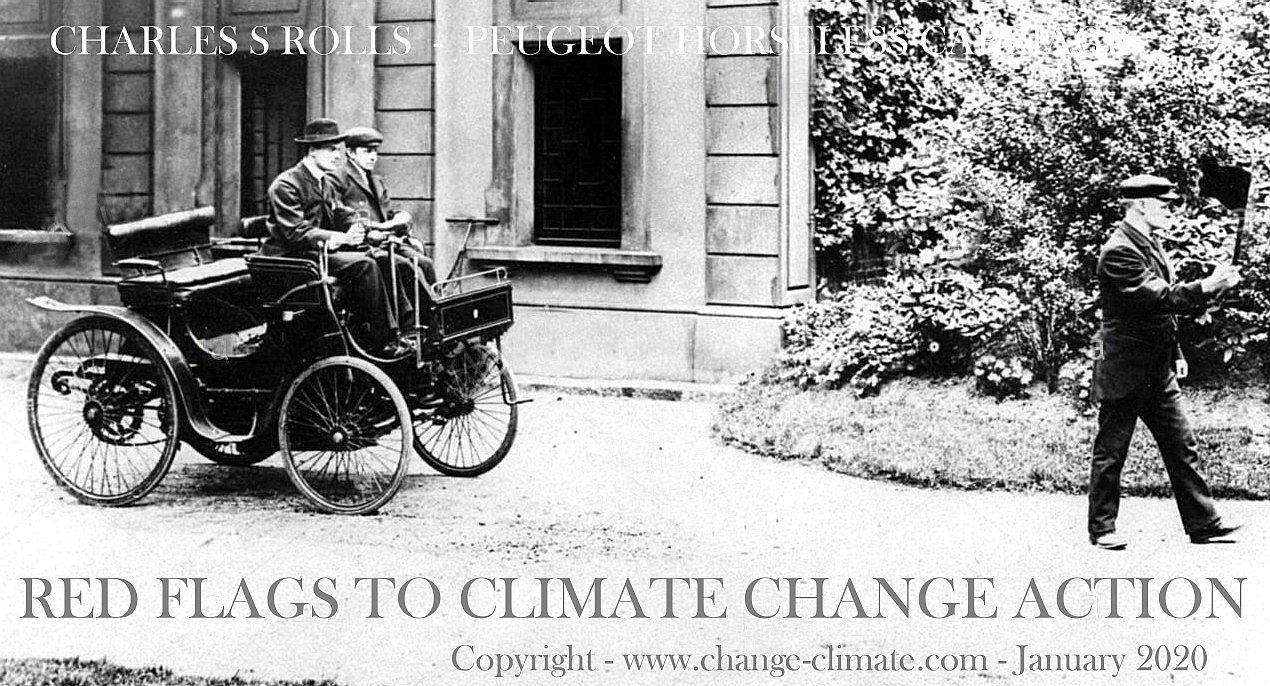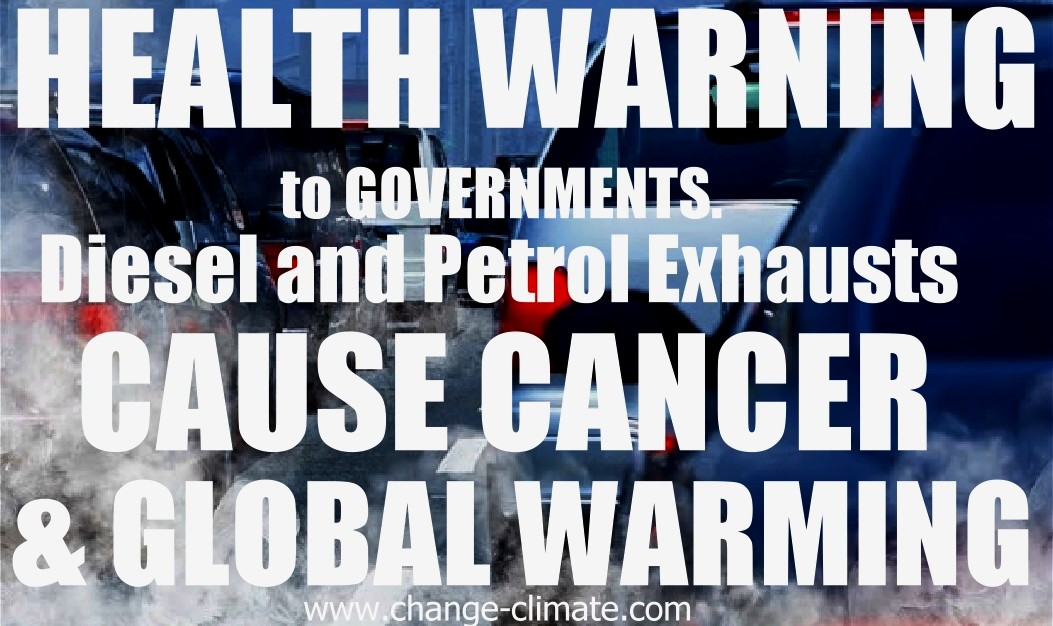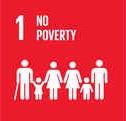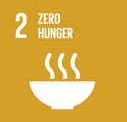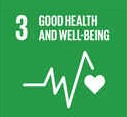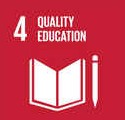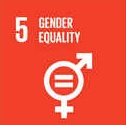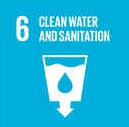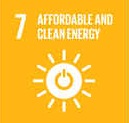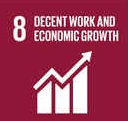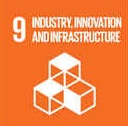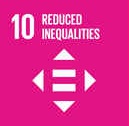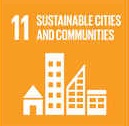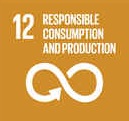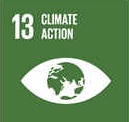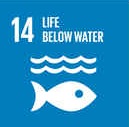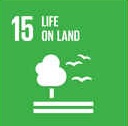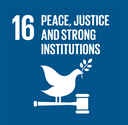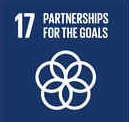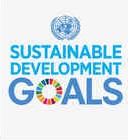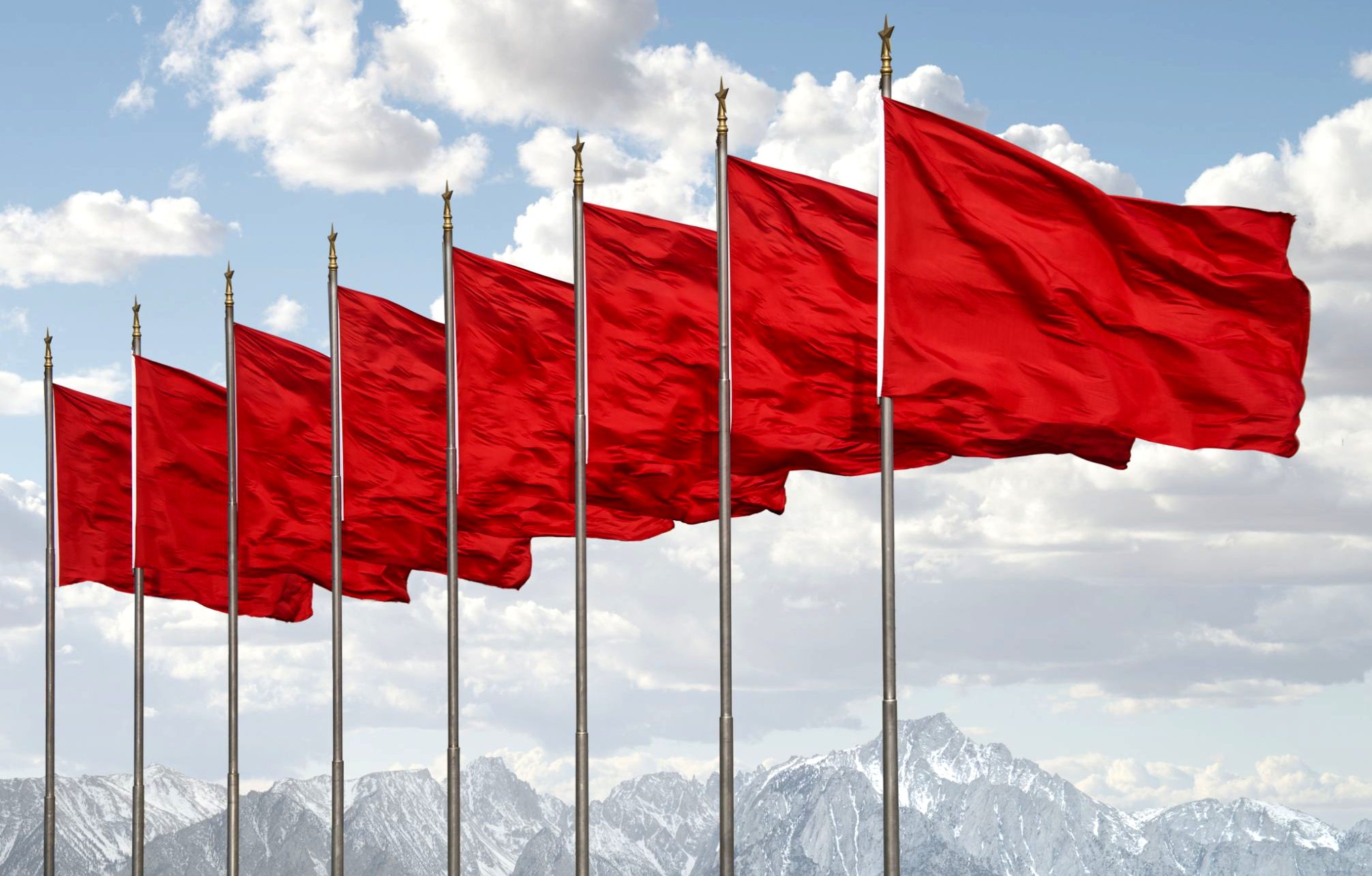|
THE UNITED NATIONS
PLEASE USE OUR A-Z INDEX TO NAVIGATE THIS SITE OR RETURN HOME
The United Nations is an international organization representing most countries around the world. As a group they set policies and agendas for and by every member nations, the latest of which is their Sustainability Development Goals or SDGs.
Another side of the United Nations is UNESCO, an organization that promotes education, science and cultural conservation via it's World Heritage programme. Represented in the United Kingdom by a secretariat, executive officer and commissioners.
The UN as an organization has shown itself to be weak when it comes to protecting Planet Earth and its inhabitants from powerful nations, the vast majority of which have no vote, relying on humans as an intelligent species to act responsibly. Members of the UN can block clean air laws and delay ocean cleaning to foster their own kleptocratic ambitions based on economic growth that is un-sustainable in a naturally balanced world.
The UN cannot stop warmongers from developing weapons of mass destruction, that threaten the very existence of the planet, yet is supposed to be a peacekeeping force. No country should have weapons that pose a threat to another nation in the name of peace, where such weapon may harm other nations, intentionally or unintentionally.
Despite these major flaws in their founding principles, the UN do provide considerable moral and ethical steerage.
According to the United Nations, plastic pollution is conservatively estimated to have a yearly financial damage of 13 billion USD. The costs stem from the plasticís impact on marine life, tourism, fisheries and businesses.
Unfortunately, guidance and hopes do not pay for overheads or development, leaving projects like SeaVax high and dry. Though, we are pleased that (finally) policy changes appear to be in the pipeline - that may help the next generation of engineers, game to take on the challenge of cleaning the oceans.
If the UN can get their ducks in line, with solid politics to fund clean-tech, we feel that will give the youth the support they need to save the planet from convenience greed.
They organise Conferences for Climate Change and Desertification, working with their Members to agree other protocols to preserve marine life, such as the Convention on Biological Diversity.
The Sustainable Development Goals are the blueprint to achieve a better and more sustainable future for all. They address the global challenges we face, including those related to poverty, inequality, climate, environmental degradation, prosperity, and peace and justice. The Goals interconnect and in order to leave no one behind, it is important that we achieve each Goal and target by 2030. Click on any specific Goal below to learn more about each issue.
There is little point having such objectives if member nations only pay lip service to the aims. That is why it is important for local groups to keep a watchful eye open for malpractices that have become institutionalised. What happens on your doorstep is what is happening all over the world. Everyone is empire building and waste dumping in the belief that a little bit more indulgence won't matter. Yes it will!!
POLITICAL BLOCKERS - In Britain in 1865, the legislative response to the increasing introduction of self-propelled vehicles on our roads was the Locomotive Act (sometimes known as the Red Flag Act). Amongst a number of provisions, it stipulated that self-propelled vehicles needed to be proceeded with a man walking 60 yards ahead carrying a red flag to warn other road users of the vehicles approach. The objective of powerful stakeholders was to hinder progress to protect their investments in horses, carriages and trains.
WORLD HEALTH - According to the World Health Organization 3 million people die each year as a result of air pollution. Exhaust fumes from diesel engines do cause cancer, a panel of experts working for the World Health Organization says.
It concluded that the exhausts were definitely a cause of lung cancer and may also cause tumours in the bladder. It based the findings on research in high-risk workers such as miners, railway workers and truck drivers.
However, the panel said everyone should try to reduce their exposure to diesel exhaust fumes.
IARC has now labelled exhausts as a definite cause of cancer, although it does not compare how risky different carcinogens are. Diesel exhausts are now in the same group as carcinogens ranging from wood chippings to plutonium and sunlight to alcohol. It is thought people working in at-risk industries have about a 40% increased risk of developing lung cancer.
LINKS & REFERENCE
http://
We cotton to that. Nobody likes change. But instead of overheating the planet and killing life undersea with toxic plastic, surely it would make sense to brave the new world and accelerate the adoption of renewables and a society that cleans up after itself. We need new sustainable infrastructures to save PLANET A and a gradual changeover plan that sits well with stakeholders. Not to have the infrastructures ready is suicide politics - the way of the Dodo.
ARE PLANET EARTH'S POLICIES WORKING? - If they were, we'd not have plastic poisoning the marine environment, or global warming. The problem is world leaders rely too much on fossil fuels and do not want to rock the boat until there is a solid backup plan, but the backup plan involves change. And that frightens them to stay put even though the water is already bubbling.
This website is provided on a free basis as a public information service. copyright © Cleaner Oceans Foundation Ltd (COFL) (Company No: 4674774) 2023. Solar Studios, BN271RF, United Kingdom. COFL is a company without share capital.
|
